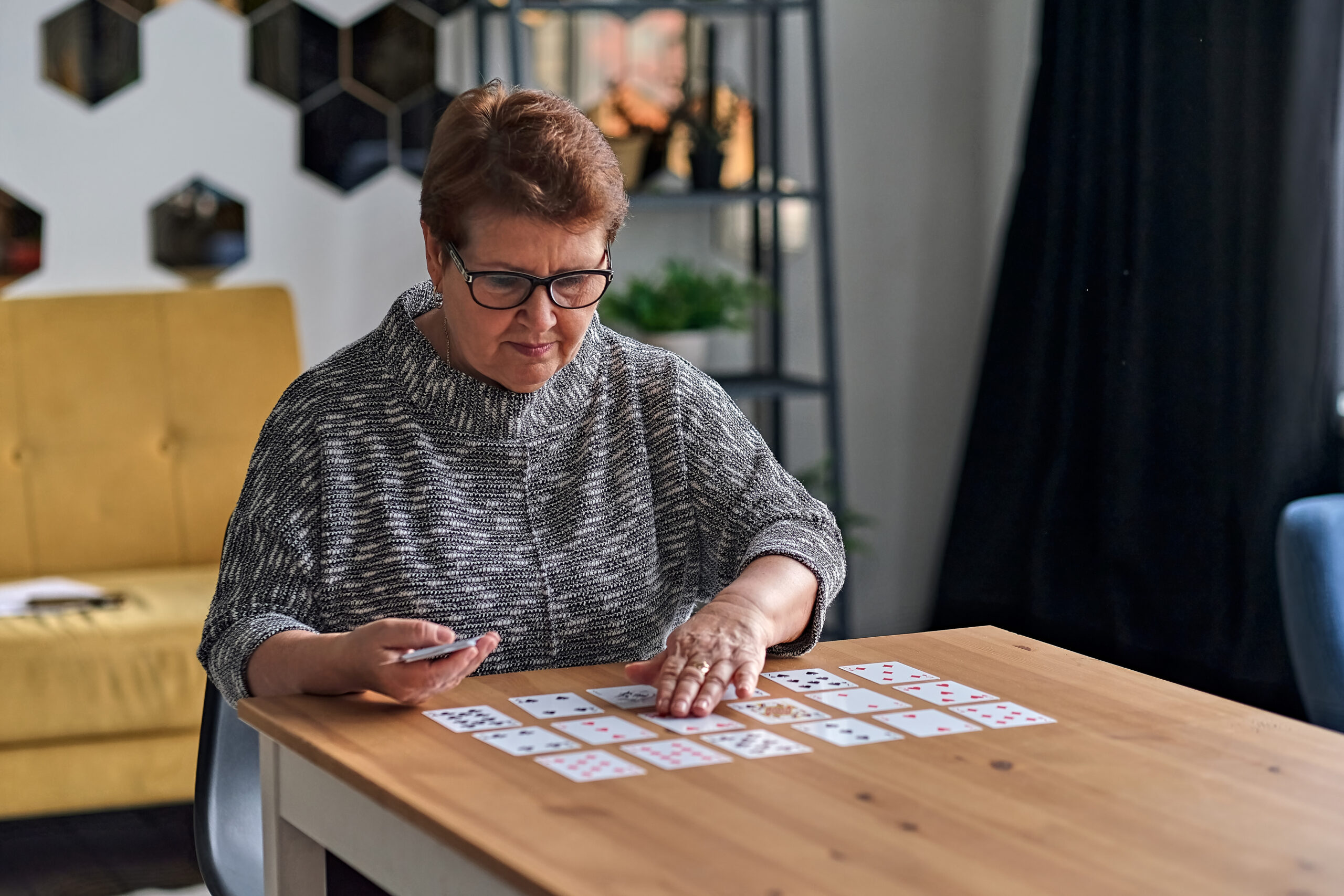Understanding citizen science contributions to Alzheimer’s studies
**Understanding Citizen Science Contributions to Alzheimer’s Studies**
Alzheimer’s disease is a complex condition that affects millions of people worldwide. While scientists and researchers are working tirelessly to understand and combat the disease, they are not alone. Citizen science, a collaborative effort between ordinary people and professional researchers, is playing a significant role in advancing Alzheimer’s research.
### What is Citizen Science?
Citizen science is a way for individuals to contribute to scientific research. It involves people from all walks of life participating in projects that help scientists gather data, analyze information, and draw conclusions. This approach is particularly useful in fields like Alzheimer’s research, where large amounts of data need to be collected and analyzed.
### How Does Citizen Science Help in Alzheimer’s Research?
1. **Data Collection**: One of the primary ways citizen science contributes to Alzheimer’s research is through data collection. For instance, studies have used apps and online platforms to gather information about people’s daily activities, cognitive functions, and other relevant data. This data can help researchers identify patterns and trends that might not be apparent through traditional methods.
2. **Community Engagement**: Citizen science projects often engage communities directly. By involving people who are affected by Alzheimer’s or who have a personal connection to the disease, these projects can raise awareness and encourage more people to participate in research. This community engagement can also lead to more diverse and representative datasets.
3. **Personalized Research**: Citizen science projects can be tailored to individual needs and experiences. For example, personalized reminder devices designed to help people with mild dementia remember daily events and appointments can be tested and refined through citizen science efforts. These devices aim to improve the quality of life for individuals with dementia by encouraging them to engage in more physical and social activities.
4. **Ethical Considerations**: Citizen science projects must adhere to strict ethical guidelines to ensure the well-being and autonomy of participants. This includes obtaining informed consent, protecting personal data, and ensuring that participants understand the purpose and implications of their contributions.
### Examples of Citizen Science in Alzheimer’s Research
1. **Reminder Devices**: A recent study focused on developing a personalized reminder device to motivate people with mild dementia to engage in more physical and social activities. This device was designed using user-centered principles, ensuring that it met the unique needs of participants. The study used qualitative methods like interviews and ethnographic observations to gather insights from participants, caregivers, and family members.
2. **Lab Internships**: The Smith Alzheimer’s Center at SIU Medicine offers lab internship opportunities for undergraduate college students. These internships provide hands-on experience in cutting-edge research associated with Alzheimer’s disease. Students selected for these internships will explore various aspects of aging and neurodegenerative disorders, contributing to the advancement of translational research or medicine.
### Conclusion
Citizen science is a powerful tool in the fight against Alzheimer’s disease. By involving ordinary people in the research process, scientists can gather more comprehensive data, engage communities, and develop personalized solutions. As the global population ages, the need for innovative approaches to dementia care becomes increasingly urgent. Through citizen science contributions, we can accelerate our understanding of Alzheimer’s and improve the lives of those affected by it.
In summary, citizen science is not just about contributing to research; it’s about making a difference in the lives of individuals and communities. By working together, we can create a brighter future for those impacted by Alzheimer’s disease.





